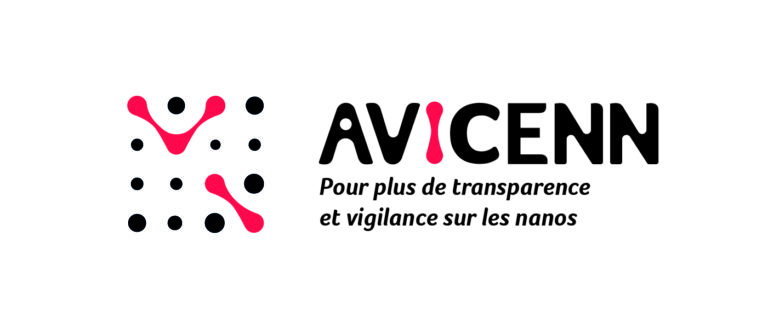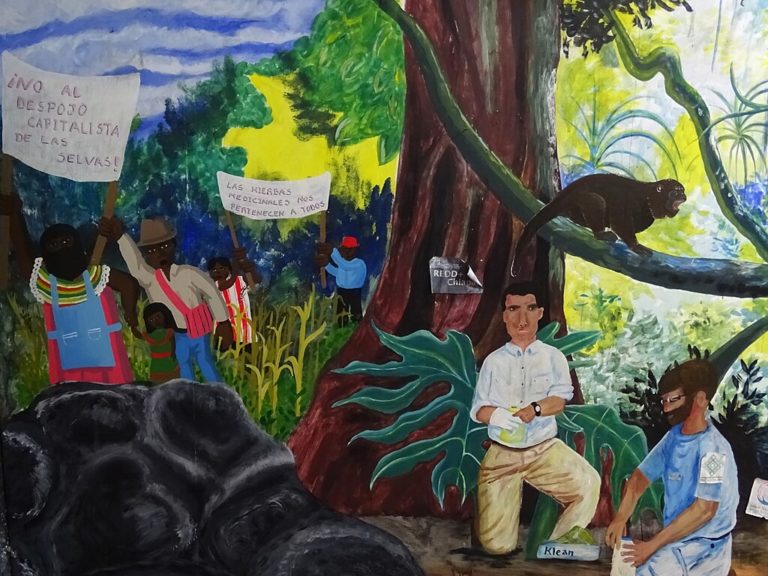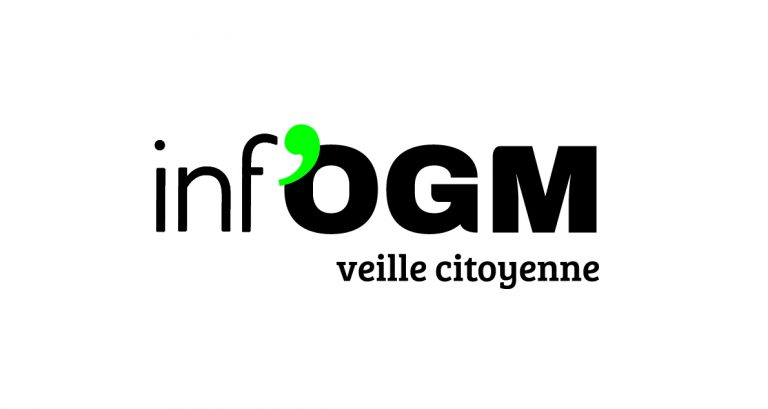CANADA – Le blé transgénique non souhaité
Le Bureau Canadien du blé (Canadian Wheat Boar d) a demandé au gouvernement de ne pas autoriser le blé transgénique de Monsanto. Son président estime que l’autorisation ne peut être acceptable qu’à deux conditions : que ce blé présente bel et bien des avantages pour les producteurs et qu’une véritable ségrégation soit opérée pour satisfaire les consommateurs. Sa position est d’ordre purement économique, puisqu’il a précisé que les pays qui achetaient à prix fort le blé canadien, comme la Grande Bretagne, l’Italie et le Japon, s’approvisionneront là où le blé n’est pas génétiquement modifié. Le bureau a même demandé que le gouvernement adopte une loi qui intégrerait dans ses procédures d’autorisation “l’acceptation du marché”.
Opinion – Wheat board must be heard
The StarPhoenix, Canada, http://www.saskstar.sk.ca
April 18, 2001
Ottawa should be paying close attention to the advice of its monopoly grain
marketer that neither Prairie farmers nor their global customers are ready
to accept a transgenic wheat that Monsanto wants to register for sale in
Canada by 2003.
No other grain exporting nation allows the production of genetically
modified wheat, not even the U.S. where Monsanto is based. While being
first on the market with a new product can often be the key to success, the
Canadian Wheat Board is on the mark with its assessment that Canada, as the
world’s second-biggest grain exporter, has much to lose if it gets ahead of
its customers.
At a time when consumer confidence in global agriculture is hitting rock
bottom, with alarmist talk about genetically modified foods finding a
receptive audience among people concerned about mad cow disease and the
recent outbreak of hoof and mouth, Canada should heed the board’s call to
put off registering the GM wheat variety.
The current registration system in Canada places no value on market
acceptance of a grain variety, CWB chair Ken Ritter told a Commons
committee. As long a variety has good disease resistance, agronomic value
and quality as its benchmark, it can be registered.
« We believe that genetically modified wheat varieties shouldn’t be
introduced until it can be shown that there will be clear benefits for
western Canadian farmers and the Canadian handling system can segregate GM
varieties to meet customer requirements, » he notes.
Rather than being one more unscientific and baseless anti-GM rant, Ritter’s
stance is based on a practicality that comes from a thorough knowledge of
the market in which his organization operates. The reality is that
consumers in Europe and Asian nations such as Japan don’t want foods that
have been genetically altered to withstand weed-killing chemicals.
With many of the 70 countries that now buy grain from the board refusing to
accept grain with even minute traces of GM product, Ritter’s position is
completely rational. Customers have every right to choose what they buy and
consume, even if their bias against transgenic foods is based on sheer
ignorance.
The wheat board is sensible in calling for a moratorium on registering GM
wheat and barley until Canada’s grain handling system can efficiently and
effectively identify and segregate large volumes of transgenic grains to
meet customer demands. As well, the board is right to call for the food
inspection agency and Canada Customs to take action to prevent importation
of GM wheat and barley varieties into Canada for production until proper
segregation measures are enacted.
Monsanto may argue that the government has no scientific grounds to reject
registration but the board makes a sound economic case on behalf of Prairie
farmers, who risk losing hundreds of millions in lost sales, why approval
should be delayed.
The board and politicians should encourage research on transgenic grains
because Canadian farmers stand to benefit immensely from it. However,
rather than put the onus on the private sector, whose need to protect
proprietary interests raises consumer concerns, more of the research needs
to done in the accessible public domain to facilitate market acceptance.















